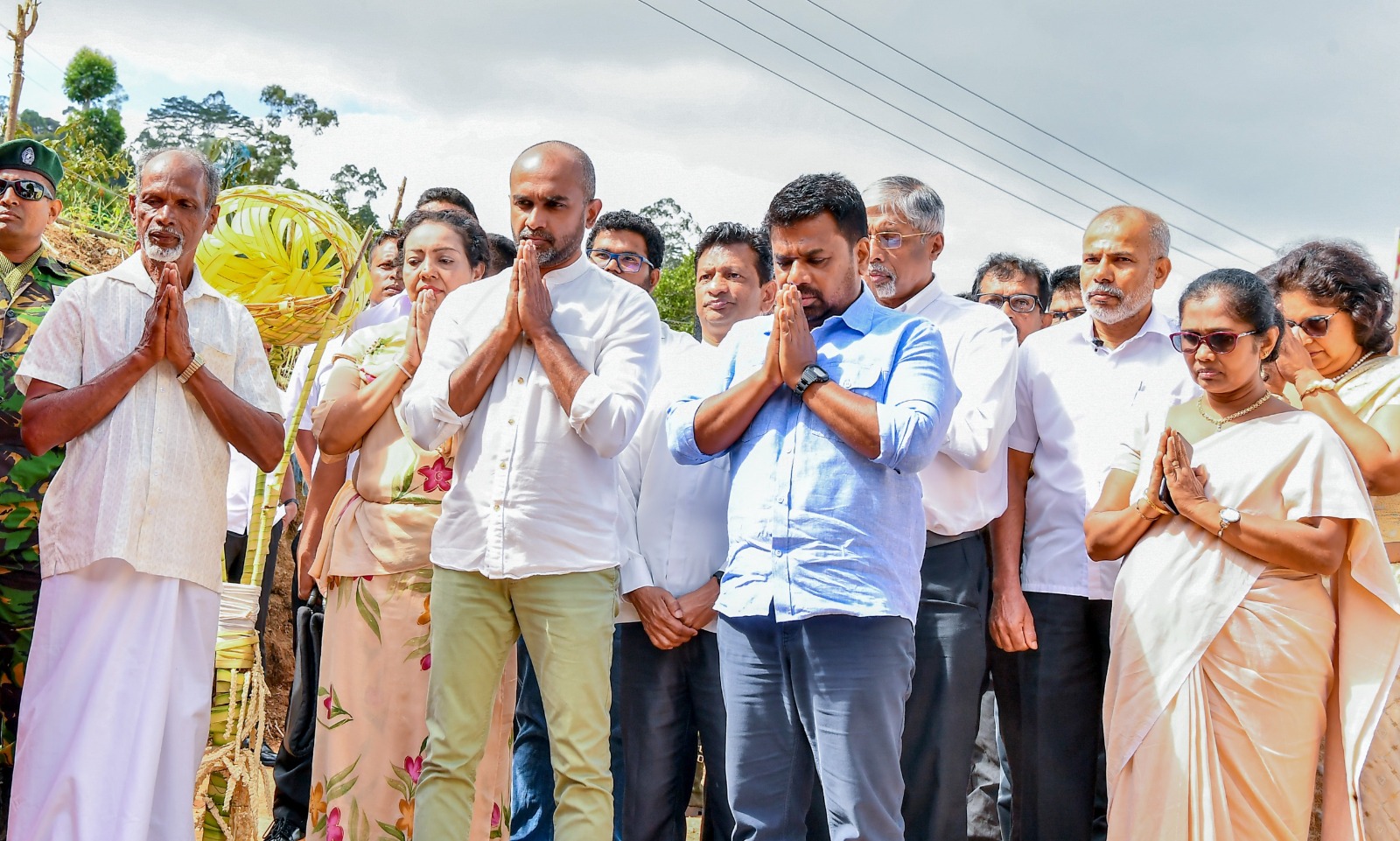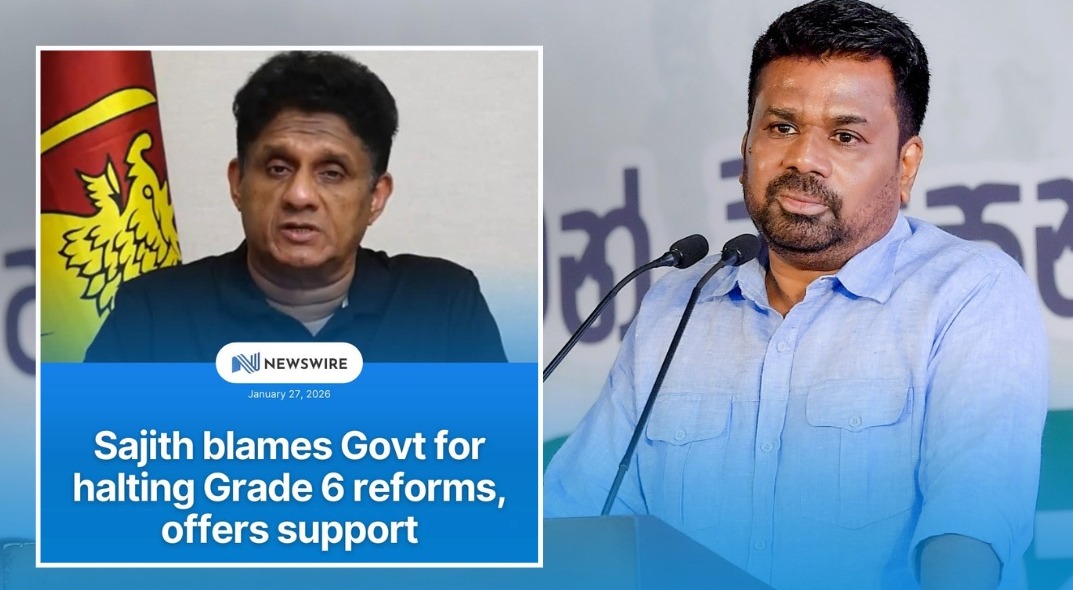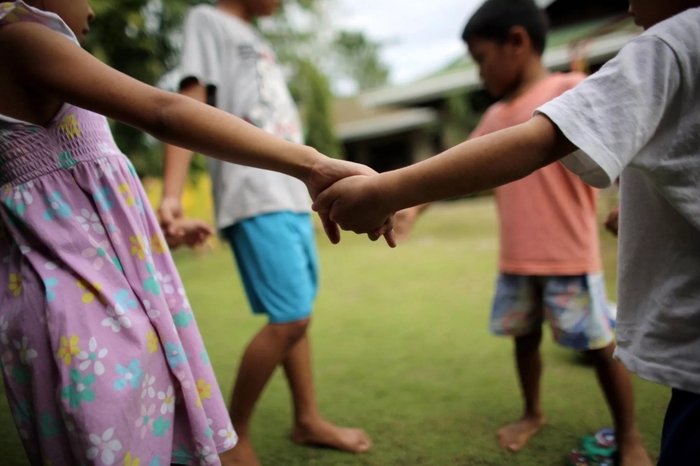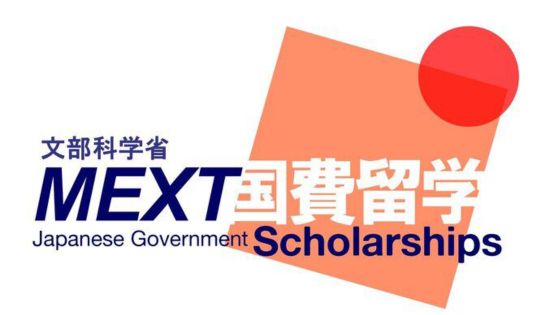Financing the Future: Innovative Strategies for Funding Sri Lanka’s Education Reform

Financing the ambitious task of restructuring Sri Lanka’s education system requires a multifaceted approach, leveraging both international assistance and innovative funding strategies. The global community, recognizing the universal value of education, offers various avenues for support through international organizations, bilateral partnerships, and alternative funding mechanisms. Below are strategic recommendations for securing the necessary funding and support to kickstart and sustain the transformation of Sri Lanka’s education sector.
International Organizations and Development Agencies
United Nations Educational, Scientific and Cultural Organization (UNESCO): UNESCO provides both technical and financial support for educational reforms focused on access, equity, and quality. Sri Lanka can tap into UNESCO’s funding programs aimed at enhancing educational infrastructure and teacher training.
The World Bank: Known for financing and advising educational reforms in developing countries, the World Bank offers loans and grants. Sri Lanka can engage with the World Bank for assistance in large-scale educational projects, focusing on modernization and inclusive education.
Asian Development Bank (ADB): The ADB supports projects that improve educational quality and access in Asia. By proposing initiatives that align with ADB’s focus areas, Sri Lanka can secure funding for infrastructure development, curriculum upgrades, and teacher training programs.
Global Partnership for Education (GPE): As a funding platform that galvanizes global support for educational access and reform in developing countries, GPE can provide Sri Lanka with grants that support comprehensive educational strategies.
Bilateral Agreements and International Partnerships
Partnering with Countries Excelling in Education: Sri Lanka can form bilateral partnerships with countries like Finland and Singapore, leveraging their expertise and potentially securing funding or resources as part of educational collaboration and exchange programs.
International Non-Governmental Organizations (NGOs): Collaborating with NGOs that focus on education can provide both funding and expertise.
Organizations like Save the Children, Plan International, and Education Cannot Wait often participate in funding educational initiatives.
Public-Private Partnerships (PPPs) and Corporate Social Responsibility (CSR)
Engaging the Private Sector: PPPs can mobilize resources for educational reform. By incentivizing local and international businesses through tax benefits or recognition programs, the government can attract private investment into the education sector.
CSR Initiatives: Encouraging corporations to fund educational projects as part of their CSR initiatives can result in significant investments in technology, infrastructure, and scholarship programs for underprivileged students.
Crowdfunding and Community Participation
Crowdfunding Campaigns: Leveraging crowdfunding platforms to raise funds for specific projects or innovations in education can engage the diaspora and international donors passionate about Sri Lanka’s development.
Community Contributions: Inviting contributions from the local community, including alumni networks and philanthropists, can support smaller-scale projects and create a sense of ownership and pride in the educational reform process.
Innovative Funding Mechanisms
Education Bonds: Issuing bonds specifically designed to fund educational reforms can attract investors interested in socially responsible investments.
Education Lottery: Establishing a national lottery to fund education, with clear transparency and accountability mechanisms, can generate substantial revenues for educational projects.
Securing funding for the restructuring of Sri Lanka’s education system is a challenge that requires creativity, persistence, and strategic engagement with multiple stakeholders. By exploring a combination of international assistance, partnerships, and innovative funding strategies, Sri Lanka can mobilize the necessary resources to embark on this transformative journey. Engaging the community and ensuring transparency and accountability will be key to sustaining support and achieving the goal of an upgraded, inclusive, and globally competitive education system.
- SW – Suggestion by Team EduWire to Make a Better Tomorrow
Related News
The future of higher education tech: why industry needs purpose-built solutions
For years, Institutions and education agencies have been forced to rely on a patchwork of horizontal SaaS solutions – general tools that…
Read MoreJapanese Government (MEXT) Scholarship for 2026 (Teacher Training Students)
Sri Lankan teachers are invited to apply for the Japanese government-funded MEXT scholarship for 2026, which will enable selected candidates to undertake…
Read MoreWhy perfectionism and procrastination are holding you back
And here’s how to break the cycle Perfectionism often looks like a good habit. It pushes students to aim high, care deeply…
Read MoreAlways Tired Even After Sleeping?
You slept for eight hours.You had your morning tea or coffee.And yet by mid-morning, you’re already exhausted. Sound familiar? Feeling tired all…
Read MoreRead • Watch • Learn
Stories often teach us more than textbooks ever could. This EduWire series explores books, films and series as spaces of learning –…
Read MoreCourses
-

The future of higher education tech: why industry needs purpose-built solutions
For years, Institutions and education agencies have been forced to rely on a patchwork of horizontal SaaS solutions – general tools that… -

MBA in Project Management & Artificial Intelligence – Oxford College of Business
In an era defined by rapid technological change, organizations increasingly demand leaders who not only understand traditional project management, but can also… -

Scholarships for 2025 Postgraduate Diploma in Education for SLEAS and SLTES Officers
The Ministry of Education, Higher Education and Vocational Education has announced the granting of full scholarships for the one-year weekend Postgraduate Diploma… -

Shape Your Future with a BSc in Business Management (HRM) at Horizon Campus
Human Resource Management is more than a career. It’s about growing people, building organizational culture, and leading with purpose. Every impactful journey… -

ESOFT UNI Signs MoU with Box Gill Institute, Australia
ESOFt UNI recently hosted a formal Memorandum of Understanding (MoU) signing ceremony with Box Hill Institute, Australia, signaling a significant step in… -

Ace Your University Interview in Sri Lanka: A Guide with Examples
Getting into a Sri Lankan sate or non-state university is not just about the scores. For some universities' programmes, your personality, communication… -

MCW Global Young Leaders Fellowship 2026
MCW Global (Miracle Corners of the World) runs a Young Leaders Fellowship, a year-long leadership program for young people (18–26) around the… -

Enhance Your Arabic Skills with the Intermediate Language Course at BCIS
BCIS invites learners to join its Intermediate Arabic Language Course this November and further develop both linguistic skills and cultural understanding. Designed… -

Achieve Your American Dream : NCHS Spring Intake Webinar
NCHS is paving the way for Sri Lankan students to achieve their American Dream. As Sri Lanka’s leading pathway provider to the… -

National Diploma in Teaching course : Notice
A Gazette notice has been released recently, concerning the enrollment of aspiring teachers into National Colleges of Education for the three-year pre-service… -

IMC Education Features Largest Student Recruitment for QIU’s October 2025 Intake
Quest International University (QIU), Malaysia recently hosted a pre-departure briefing and high tea at the Shangri-La Hotel in Colombo for its incoming… -

Global University Employability Ranking according to Times Higher Education
Attending college or university offers more than just career preparation, though selecting the right school and program can significantly enhance your job… -

Diploma in Occupational Safety & Health (DOSH) – CIPM
The Chartered Institute of Personnel Management (CIPM) is proud to announce the launch of its Diploma in Occupational Safety & Health (DOSH),… -

Small Grant Scheme for Australia Awards Alumni Sri Lanka
Australia Awards alumni are warmly invited to apply for a grant up to AUD 5,000 to support an innovative project that aim… -

PIM Launches Special Programme for Newly Promoted SriLankan Airlines Managers
The Postgraduate Institute of Management (PIM) has launched a dedicated Newly Promoted Manager Programme designed to strengthen the leadership and management capabilities…
Newswire
-

Coal controversy: Cabinet spokesperson responds to concerns
ON: January 27, 2026 -

President launches program to restore cyclone-hit religious sites
ON: January 27, 2026 -

Body of RDA worker missing after landslide found after two months
ON: January 27, 2026 -

President slams opposition U-Turn on education reforms
ON: January 27, 2026 -

New child protection laws in the pipeline
ON: January 27, 2026






